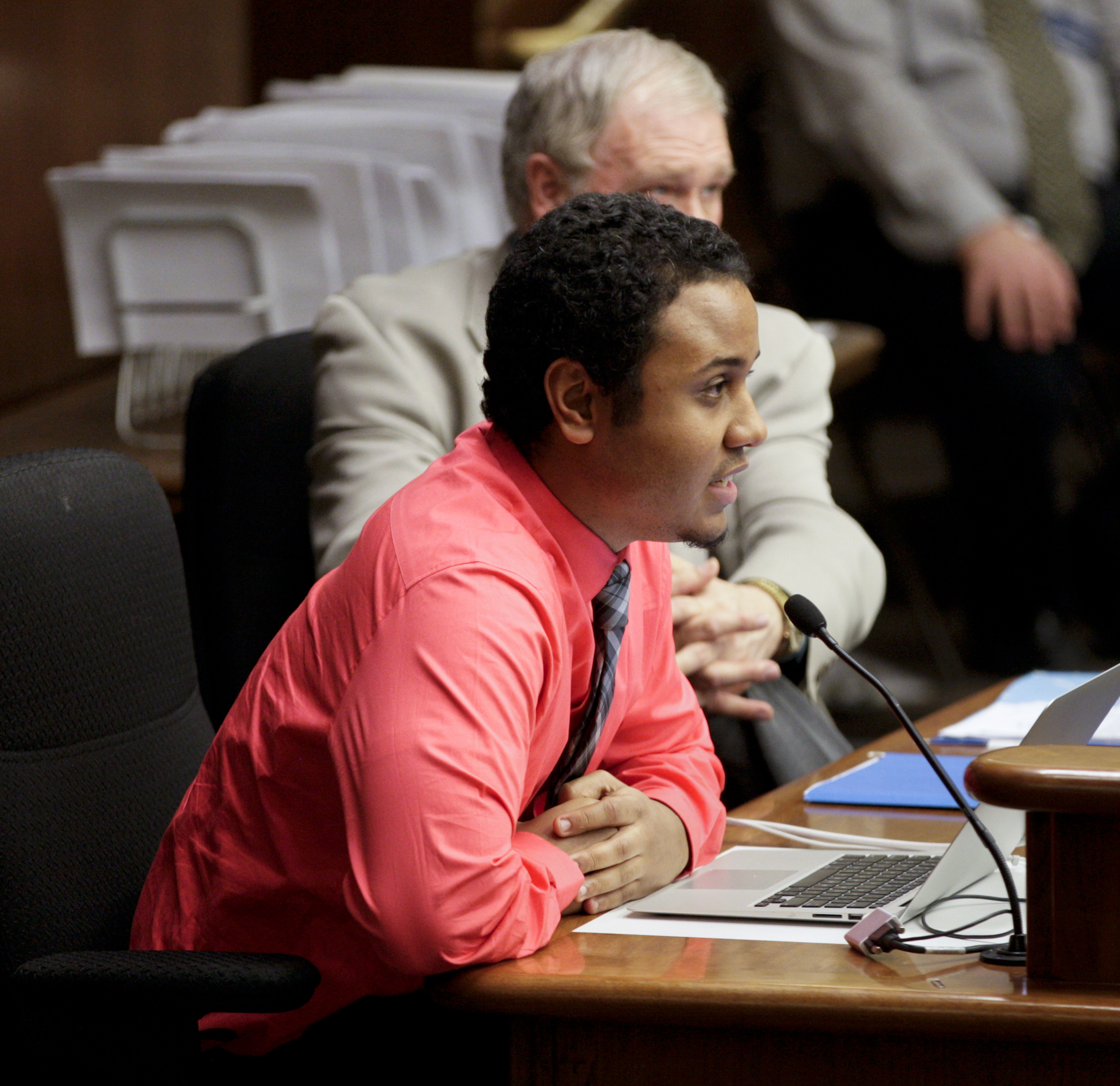Legislators put remedial college courses under the microscope

Remedial courses at the college level. Do they help or harm students?
That was a topic of discussion Wednesday in the House Higher Education Policy and Finance Committee that held over two bills focused on improving a situation that some say borders on an epidemic at public postsecondary institutions.
About 18 percent of the more than 400,000 students enrolled at one of the 24 postsecondary institutions governed by the Minnesota State Colleges and Universities (MnSCU) system have had to take at least one remedial course over the last year. That’s according to MnSCU officials who provided background on data concerning remedial college courses – also called “developmental education” courses – which students are required to take if they demonstrate through college entrance exams that they are not proficient in particular subject areas.
Students do not receive credit for completing the courses, which often leaves them burdened with increased costs to earn a degree, said Kenneth Eban, an officer with Students for Education Reform, who testified in support of HF1150, which aims to reform remedial course requirements.
Sponsored by Rep. Dean Urdahl (R-Grove City), the bill would prohibit MnSCU schools from requiring students to take a remedial course if they received a “college ready” ACT score in that subject area. It would also require that if a MnSCU school uses a test to determine if a student requires remedial education, it must provide students with information about the contents of the test, time to prepare for the test and an opportunity to re-take the test.
The committee laid over the bill for possible omnibus bill inclusion. Its companion, SF871, sponsored by Sen. Greg Clausen (DFL-Apple Valley), awaits action by the full Senate.
The committee also heard testimony on HF647, sponsored by Rep. Joe McDonald (R-Delano), which would require MnSCU to establish a program offering students an alternative to remedial courses. It, too, was laid over for possible omnibus bill inclusion. Its companion, SF352, also sponsored by Clausen, also awaits action on the Senate floor.
Added financial, emotional burden
Urdahl said the goal of HF1150 is to reduce the number of students required to take remedial courses when they enter college.
Representatives from MnSCU said they have no concerns with the bill because its colleges and universities already have policies in practice that align with ACT recommendations for “college readiness,” which determine whether a student must enroll in remedial courses.
Students who now test lower than 21 in reading, 18 in English and 22 in the math portion of ACT have to enroll in remedial courses in those subjects. Students are allowed to re-test to prove proficiencies in those subject areas, said Pakou Yang, MnSCU system director for college transitions.
Many students who take remedial courses may not even need them and would increase their chances of graduating without them, according to Bruce Vandal, vice president for Complete College America, a higher education advocacy organization that advocates for reform of remediation courses.
“When you are extending the amount of time students need to be in college to take remedial courses you are reducing the likelihood they will graduate college,” Vandal said.
Related Articles
Search Session Daily
Advanced Search OptionsPriority Dailies
Ways and Means Committee OKs proposed $512 million supplemental budget on party-line vote
By Mike Cook Meeting more needs or fiscal irresponsibility is one way to sum up the differences among the two parties on a supplemental spending package a year after a $72 billion state budg...
Meeting more needs or fiscal irresponsibility is one way to sum up the differences among the two parties on a supplemental spending package a year after a $72 billion state budg...
Minnesota’s projected budget surplus balloons to $3.7 billion, but fiscal pressure still looms
By Rob Hubbard Just as Minnesota has experienced a warmer winter than usual, so has the state’s budget outlook warmed over the past few months.
On Thursday, Minnesota Management and Budget...
Just as Minnesota has experienced a warmer winter than usual, so has the state’s budget outlook warmed over the past few months.
On Thursday, Minnesota Management and Budget...